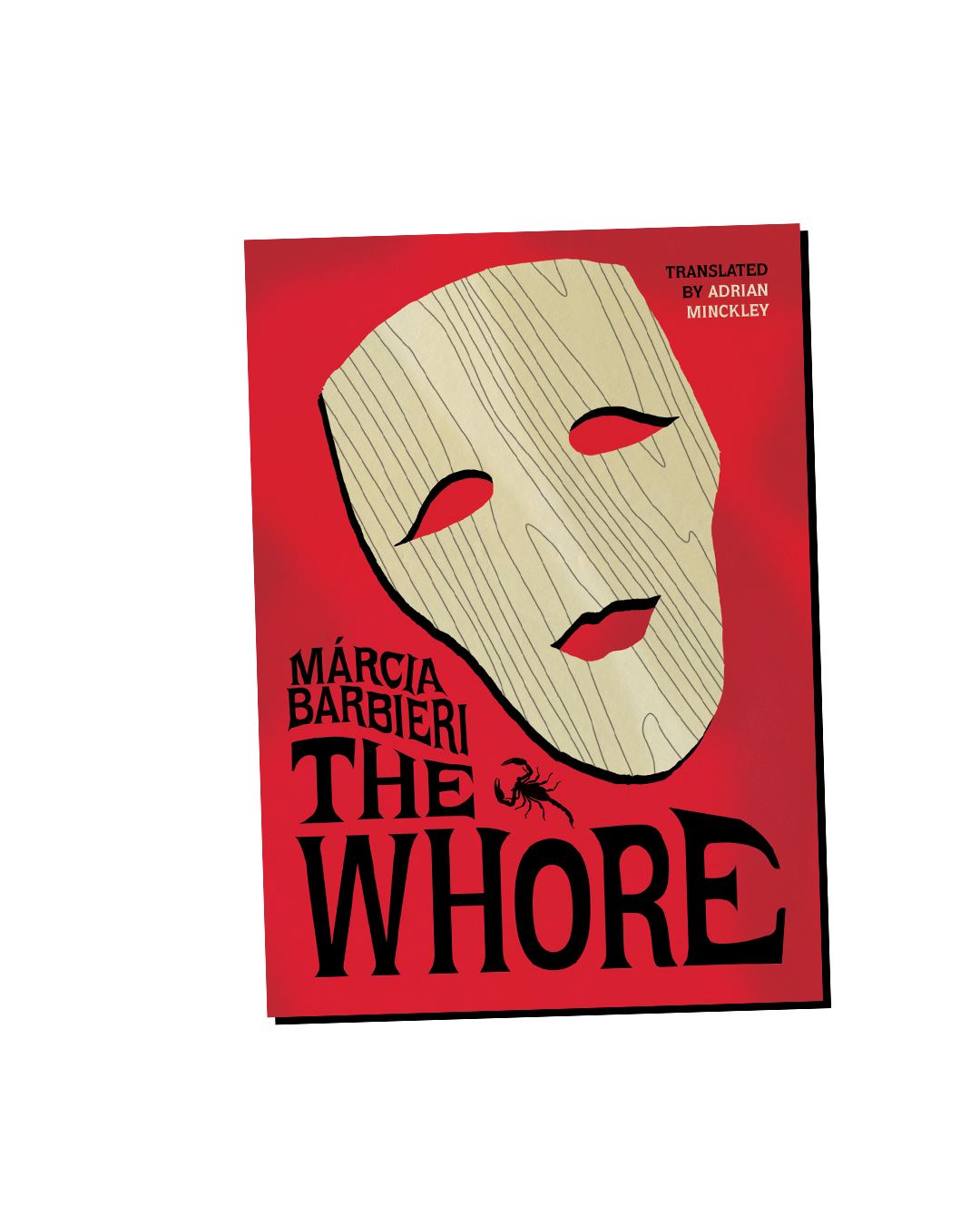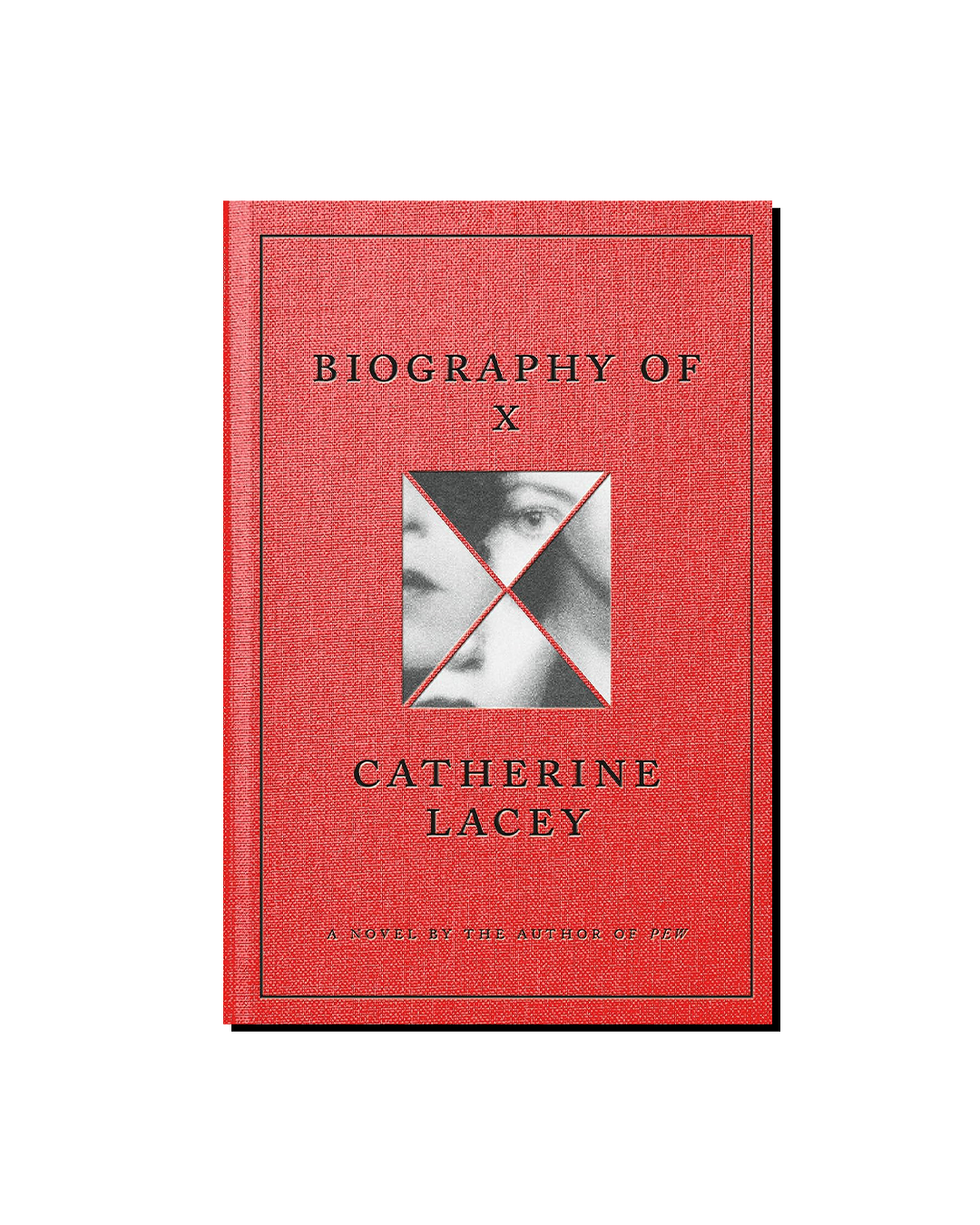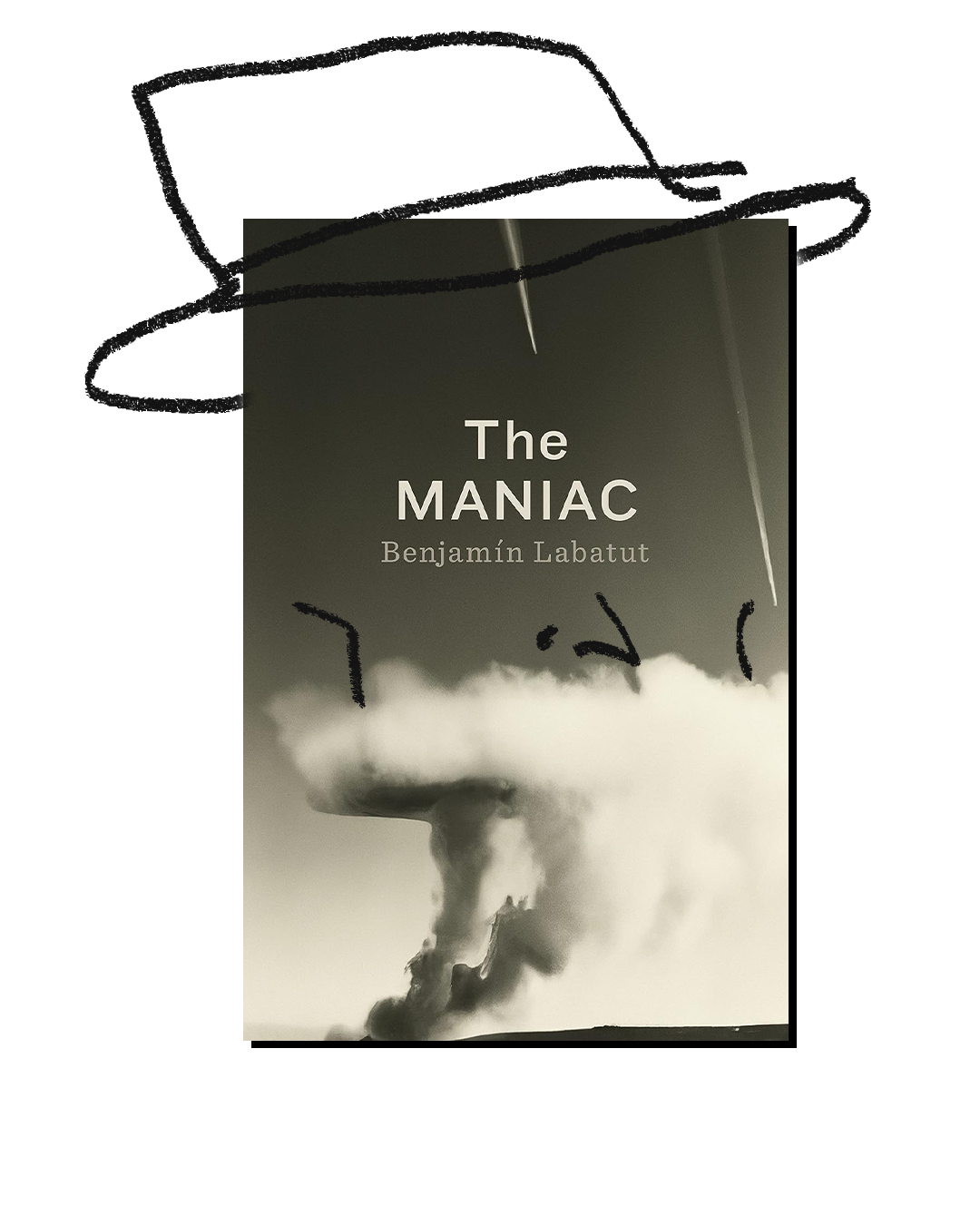Shakespeare Was Gay: On Allen Bratton’s “Henry Henry”
If you are deeply offended by Bratton’s decision to adapt Shakespeare’s historical masterworks into a novel about incest, addiction, and fucking, consider what he was up against.
The Size of Life: On Dino Buzzati’s “The Singularity”
Buzzati makes a case for the necessary limitations of the “wretched flesh” in which we experience life, experience that cannot be reduced to the digital binary—singular experience.
from “In the Suavity of the Rock”
I hugged constantly for five years. It made me a better angrier man.
Parables and the Picaresque: On Djuna Barnes’s “Ryder”
The Ryders are an antithesis of an aristocratic dynasty, closer to modern-day rednecks than the ancestral tradition Barnes pays homage to in her Elizabethan prose.
Eating Time: On Marosia Castaldi’s “The Hunger of Women”
Rosa has entered a different understanding of time and its allotments, one removed from the linear progression for heterosexual women as dictated by girlhood, marriage, and childbirth.
Dickens is Dead, Long Live Dickens: Influence and Imitation in Referential Fiction
We are creatures of reference, engaged in private dialogue with the countless dead, blursed to imitate in small ways and in large our own personal Jesus.
Last Acts: An Interview
I’m interested in men who are struggling to communicate what they feel because they have no language for how they feel.
Gulp Fiction, or Into The Missouri-verse: On Percival Everett’s “James”
Can one tell Twain’s story from Jim’s perspective without creating a flimsy, second-hand imitation of Jim’s voice which dooms the experiment from the start?
Washington, May 1956: On Clarice Lispector’s “The Apple in the Dark”
Perhaps, newly attuned to her own insatiable desire to create, she would reach her own form of understanding from the drafts that she would copy out eleven times by hand.
Nobody Knows My Name: On Maya Binyam’s “Hangman,” Claire Denis’ “White Material,” and African Fictions
African characters that go beyond the limitations of sympathy, to depict periods of upheaval where pity is a useless consolation, where we cannot generalize any specific case.
How to Be an Author and a Character Simultaneously
We have to rearrange our lives—to give a handful of days more weight than entire years, to give a few characters starring roles—so we can feel they are something more than administrative projects marked by disappointment.
Looking for Gauraa in “Notes”
Novels narrated through IMs or letters can manipulate the space between messages, relying on the reader to intuit the gap between what someone might be feeling and what they might be saying.
The Haunting Presence of a Network: On Eugene Lim
The text is interactive, necessitating the intervention of the reader for categorization of its entropic structures. Genre inflects, demands, and manages expectations anew: it’s a goddamned virus.
This Macabre, Whirling Orgy: On Márcia Barbieri’s “The Whore”
In the new post-apocalyptic world, the litany has been lost, the prater silenced. Catastrophe discards everything into the same junk pile of existence; which is to say, catastrophe turns everything into junk.
Nesting in the Wires: On Mário de Andrade’s “Macunaíma”
If the act of translation is often reduced to a dichotomy of foreignization and domestication, Dodson’s work is an interrogation; apropos of the book’s slippery relationship to the idea of national identity, of what constitutes the foreign and domestic in the first place.
View from the Couch: Success, “The Topeka School,” and “A Fan’s Notes”
The future novel resides with the fans. It will not be written from above or outside. Literature belongs to the davenport.
Andy Warhol Has Been Shot: On Nicole Flattery’s “Nothing Special”
But if it’s impossible to determine the combination of forces that might elevate a woman to the status of It Girl, that doesn’t mean we have ever stopped trying.
Sisyphean Domesticity: On Mieko Kanai’s “Mild Vertigo”
An inchoate despair is the dominant mood of the novel, as Natsumi’s feelings of emptiness, dizziness, and vertigo collide against her Sisyphean rituals of domesticity.
Sweating Through Space and Time: On Catherine Lacey’s “Biography of X”
Nothing feels like it can be trusted: the quotes, the packaging of the narrative, even the narrator herself. This, of course, makes the novel’s own point—that any telling of a story betrays much more about the speaker than the subject.
True Enough: “The MANIAC” and “Oppenheimer”
Culpability is offloaded onto the very idea of science itself: unfeeling, inhuman, inevitable. These warnings do not allow for human ingenuity or variety of thought; they cannot imagine another way. But it’s a poor craftsman who blames his tools.




















